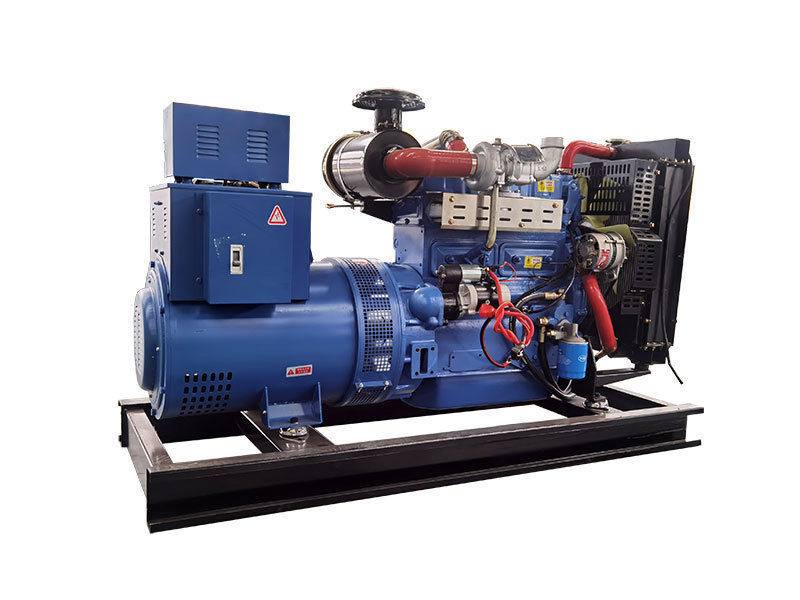Understanding Single-Phase and Three-Phase Power
When it comes to power generation, single-phase and three-phase generators are the most common types. But what exactly is the difference between them? To put it simply, single-phase power consists of a single alternating current (AC) wave, whereas three-phase power comprises three AC waves, each with a phase difference of 120 degrees.
The Pros and Cons of Single-Phase Generators
Single-phase generators are often more affordable than their three-phase counterparts, making them a popular choice for residential and small commercial applications. They are simpler in design and easier to maintain. However, single-phase generators may not provide sufficient power for larger operations or heavy machinery.
Applications of Single-Phase Generators
Single-phase generators are ideal for powering smaller appliances and tools, such as:
While single-phase generators can handle smaller loads efficiently, they may struggle to provide consistent power for larger operations.
Three-Phase Generators: Powering Larger Operations
Three-phase generators are designed to handle larger power demands, making them the preferred choice for industrial and commercial applications. They offer several advantages over single-phase generators, including increased efficiency, reduced power loss, and smoother operation.
The Benefits of Three-Phase Power
Three-phase power has several advantages over single-phase power, including:
- Improved efficiency: Three-phase generators can produce more power than single-phase generators of the same size.
- Reduced power loss: The three-phase configuration reduces the amount of power lost in transmission.
- Smoother operation: Three-phase power provides a more consistent and stable power supply, reducing wear and tear on machinery.
Applications of Three-Phase Generators
Three-phase generators are ideal for powering larger operations and heavy machinery, such as:
- Manufacturing plants
- Large commercial buildings
- Data centers
- Construction sites
- Mining and drilling operations
For businesses that rely on heavy machinery or large-scale power demands, three-phase generators are an essential investment.
Choosing the Right Generator for Your Needs
When it comes to choosing between single-phase and three-phase generators, it's essential to consider your power demands and budget. For smaller operations and residential applications, single-phase generators may be sufficient. However, for larger commercial or industrial applications, three-phase generators are the better choice.
To be honest, it's not always an easy decision to make. That's why it's important to consult with a power generation expert who can help you assess your needs and find the best solution for your business.
In Conclusion: Single-Phase vs. Three-Phase Generators
Single-phase and three-phase generators each have their unique advantages and applications. By understanding the differences between these two types of generators, you can make an informed decision and choose the one that best meets your power generation needs.





